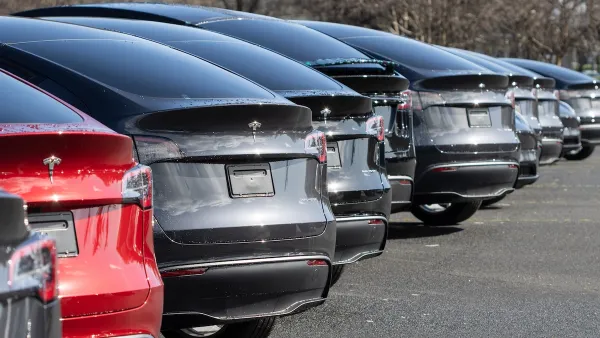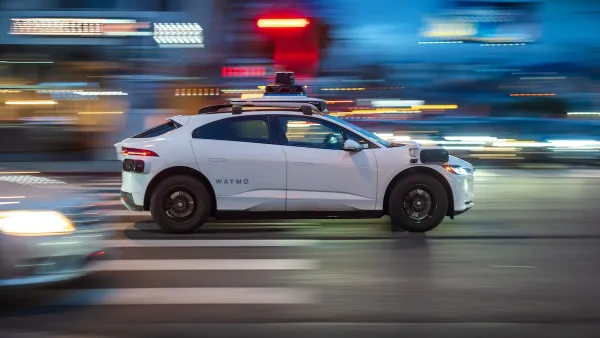A new study also finds reason to believe that self-driving cars will make everyone nicer and generally more affable that any point in human history since the advent of the car.

Can't we all just get along?
Once self-driving cars take the wheel, World Peace might become a reality, according to a highly-anticipated study released recently by the Insurance Institute for Highway Safety.
The study gathered safety records for existing autonomous vehicle pilot projects, predicted data from systems models used to program the self-driving fleets at Google, Tesla, and Uber, and surveyed thousands of users across demographics of age, location, and race. The result of the study produced a startling conclusion: self-driving cars have a 70 percent chance of bringing about a new era of humankind, define by the peaceful coexistence of people of all races, income levels, and age groups.
"Basically that when you subtract out the many inefficiencies and errors of the current transportation system, as well as the psychological effects of navigating the system on its users, you redefine the entire human race," said Dr. T. Hank Goodness in a prepared statement at a press conference announcing the study. "Better late than never?" asked a noticeably smug Dr. Goodness.
The potential benefit of autonomous vehicles for traffic safety and congestion relief have been the subject of many studies and media analyses since the self-driving technology first hit the roads. But the IIHS study is the first to also attempt to quantify the larger impact of those improvements to the entire human race.
Not every one is sold on the potential benefits of self-driving cars, however. Representatives from a coalition of auto insurance companies, concerned about the potential obsolescence of their business model in a future defined by efficiency and teamwork, released a joint statement countering the study's findings. "The 30 percent chance self-driving cars will not bring about World Peace is the most likely 30 percent ever," reads the statement. "Transportation will never be a rational system as long as human beings are involved, even if they're not driving the cars."
FULL STORY: Study: Self-Driving Cars Likely to Restore 70% of Lost Faith in Humanity

Planetizen Federal Action Tracker
A weekly monitor of how Trump’s orders and actions are impacting planners and planning in America.

Maui's Vacation Rental Debate Turns Ugly
Verbal attacks, misinformation campaigns and fistfights plague a high-stakes debate to convert thousands of vacation rentals into long-term housing.

Cuomo Is the Candidate of Both NIMBYs and Developers. What Gives?
In the New York City mayoral race, odd bedfellows align to preserve the housing status quo.

The Subversive Car-Free Guide to Trump's Great American Road Trip
Car-free ways to access Chicagoland’s best tourist attractions.

San Antonio and Austin are Fusing Into one Massive Megaregion
The region spanning the two central Texas cities is growing fast, posing challenges for local infrastructure and water supplies.

Charlottesville Temporarily Has No Zoning Code
A judge ordered the Virginia city to throw out its newly revised zoning code, leaving permitting for new development in legal limbo.
Urban Design for Planners 1: Software Tools
This six-course series explores essential urban design concepts using open source software and equips planners with the tools they need to participate fully in the urban design process.
Planning for Universal Design
Learn the tools for implementing Universal Design in planning regulations.
Heyer Gruel & Associates PA
JM Goldson LLC
Custer County Colorado
City of Camden Redevelopment Agency
City of Astoria
Transportation Research & Education Center (TREC) at Portland State University
Jefferson Parish Government
Camden Redevelopment Agency
City of Claremont





























